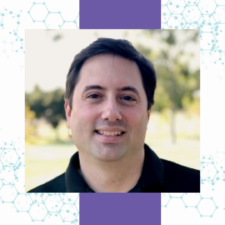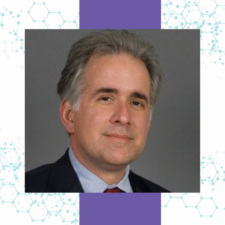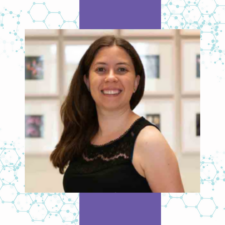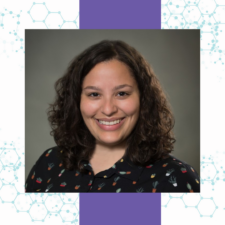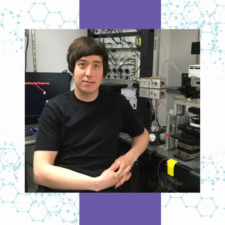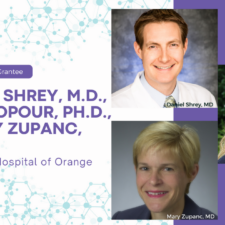2024 Grant Recipients – Anthony Fine & Juliet Knowles
International Consensus for the Diagnosis and Management of Lennox-Gastaut Syndrome Highlights: The care of people with Lennox-Gastaut syndrome (LGS) can be significantly variable in terms of diagnosis and management. There is limited consensus for first, second-, or third-line treatments in…
More
2015 Grant Recipient – Candice Myers
Identifying Genetic Causes of LGS Dr. Candice Myers, PhD University of Washington Highlights: Performed whole-genome sequencing on 197 patients with DEE to identify de novo mutations Provide a causal link between DEE and the following genes: NTRK2, GABRB2, CLTC,…
More
2015 Grant Recipient – Robert Hunt
CHD2 model for LGS Dr. Robert Hunt, PhD University of California Irvine Results: Pending Lay Abstract: I have been an active member of the Department of Anatomy & Neurobiology at UC Irvine since joining the faculty in 2015….
More
2016 Grant Recipient – Nicholas Poolos
Large scale analysis of antiepileptic drug efficacy in Lennox-Gastaut Syndrome Dr. Nicholas Poolos, MD, PhD University of Washington Highlights: Analyze a large cohort of antiepileptic drugs to better serve LGS patients Utilizing the SeizureTracker dataset, a self-reported, online dataset…
More
2017 Grant Recipient – Aaron Warren
Identifying neuroimaging predictors of treatment outcomes following deep brain stimulation in patients with Lennox-Gastaut Syndrome Dr. Aaron Warren, PhD University of Melbourne, Australia Highlights: We will study 20 patients who are participating in a recently commenced clinical trial where…
More
2017 Grant Recipient – Vanesa Nieto-Estevez
Modeling Lennox-Gastaut Syndrome in Human Cerebral Organoids Dr. Vanesa Nieto-Estevez, PhD UT Southwestern Medical Center Results: Pending CHD2: One Gene, Many Roles Lay Abstract: Lennox–Gastaut syndrome (LGS) is a devastating epileptic encephalopathy in children characterized by multiple seizure types…
More
2018 Grant Recipient – Kay-Marie Lamar
Defining the Molecular Mechanisms of CHD2 in LGS Dr. Kay-Marie Lamar, PhD Northwestern University Highlights: Dr. Lamar’s work showed that CHD2 has a unique role in human brain development and function. Mutations in this gene can lead to DNA…
More
2019 Grant Recipient – Zin-Juan Klaft
GluN2D – dependent maturation of cortical interneurons and epilepsy – co-funded with the American Epilepsy Society Dr. Zin-Juan Klaft, PhD Tufts University Results: Coming soon Tonic Activation of GluN2C/GluN2D-Containing NMDA Receptors by Ambient Glutamate Facilitates Cortical Interneuron Maturation Lay…
More
2019 Grant Recipients – Daniel Shrey, Beth Lopour, & Mary Zupanc
The Effects of Felbamate on the Evolution of LGS Children’s Hospital of Orange County Highlights: Evaluated the efficacy and safety of felbamate for treatment of epileptic spasms Quantified felbamate exposure by calculating peak and weighted-average weight-based dose. Phenotypes with unprovoked…
More
2019 Grant Recipient – Colleen Carpenter
Dissecting the Interplay Between Genetic and Metabolic Deficits in LGS using Zebrafish Dr. Colleen Carpenter, PhD University of California, San Francisco Highlights: Model 40 different single-gene mutations that represents catastrophic childhood epilepsies in zebrafish Evaluate electrophysiological, behavioral, neuro-anatomical, survival…
More


